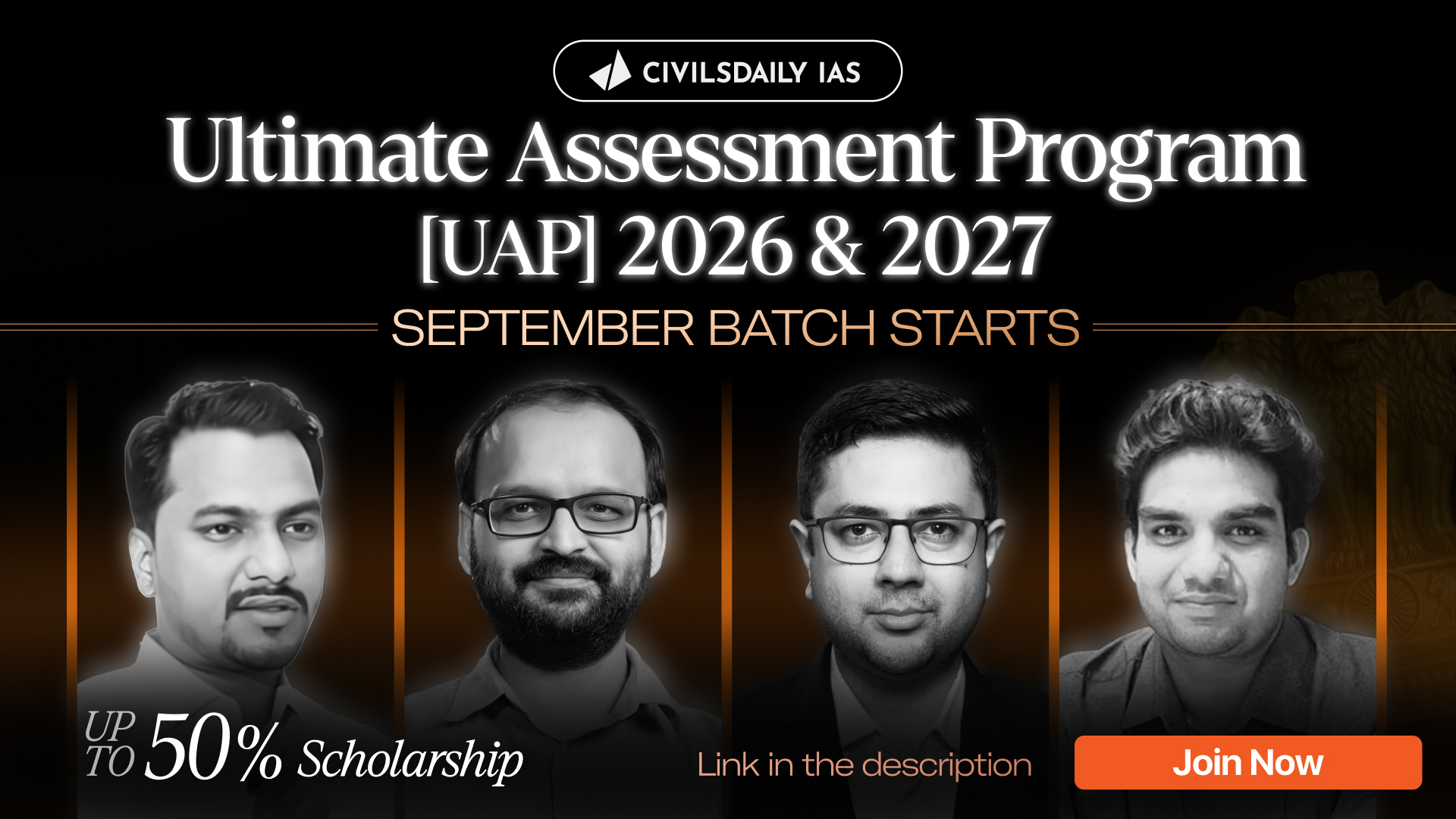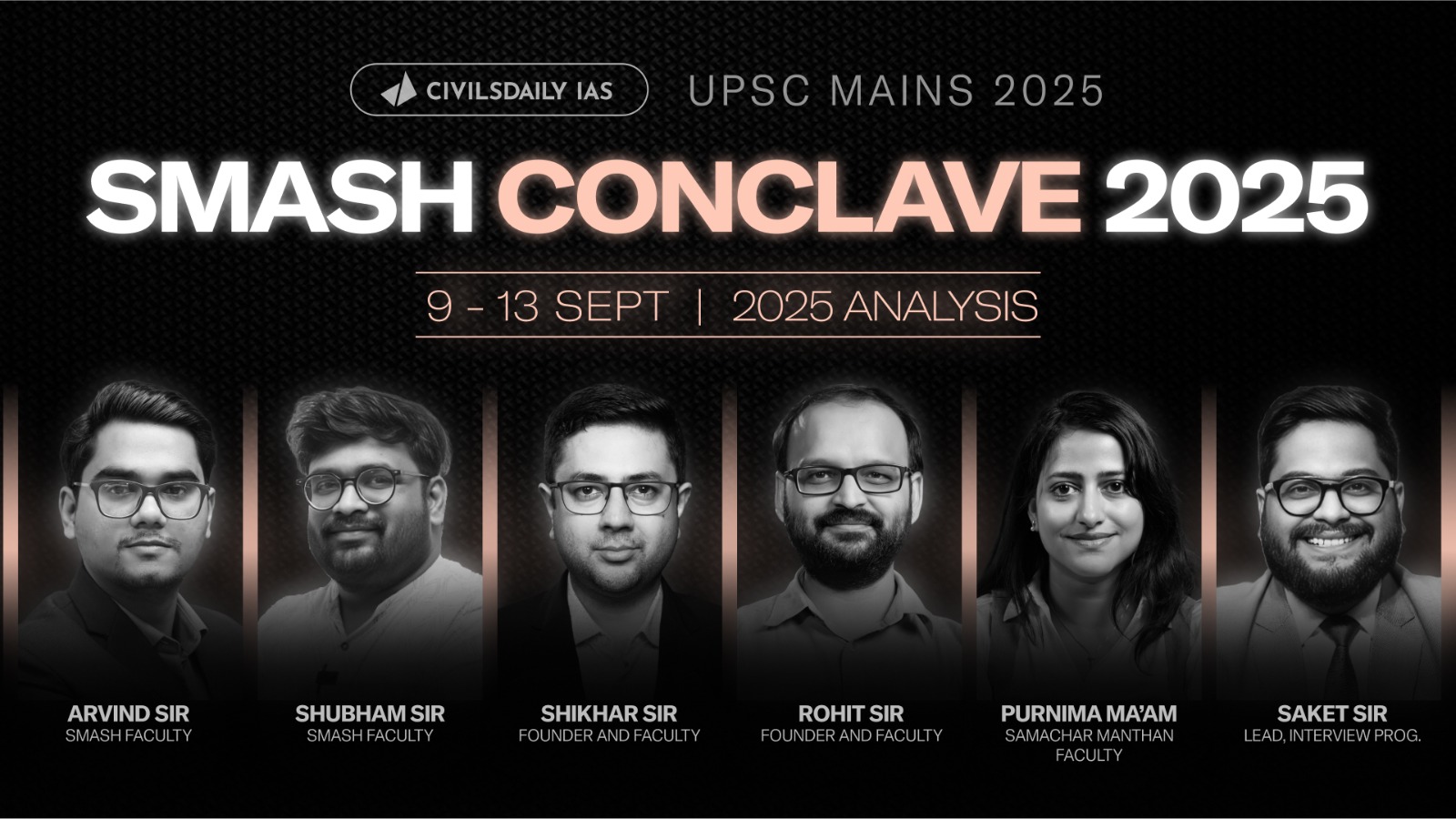Note4Students
From UPSC perspective, the following things are important :
Prelims level: Constitutional bodies
Mains level: Independence of Constitutional bodies and independent appointments
Central Idea
- The recent comments made by the Supreme Court regarding the independence of constitutional authorities in India is an important issue. The need for independent institutions and a system of checks and balances is essential to prevent the arbitrary use of power by the government. The appointment process of key constitutional positions needs to be safeguarded from the whims of the executive.
Need for Independent Institutions
- Executive interference: The Constituent Assembly of India had recognized the need for independent institutions to regulate sectors of national importance without any executive interference.
- Constitutional bodies: Various constitutional authorities such as the Public Service Commission, the Comptroller and Auditor General of India (CAG), the Election Commission of India (ECI), the Finance Commission, and the National Commissions for Scheduled Castes (SC), Scheduled Tribes (ST) and Backward Classes (BC) have been set up for this purpose.
- Need complete independence: Such constitutional bodies must be provided complete independence to enable them to function without fear or favor and in the larger interests of the nation.
Appointment Process for Constitutional Authorities
- Appointments are critical for independence: The appointment of individuals heading these institutions is critical to ensuring their independence.
- Safeguarded from the whims of the executive: While empowering the President of India to appoint all constitutional authorities, the Constitution-makers had kept in mind those institutions whose independence is of paramount importance to the country and the manner in which the independence of these authorities could be safeguarded from the whims of the executive
Appointment of Judges and Other Constitutional Positions
- The Constitution provides for certain conditions to be fulfilled by those who may be considered for such appointments.
- Role of governors: The appointment of Judges of the Supreme Court and the High Court, the CAG of India, and Governors are to be kept free from political or executive pressure.
- For instance, appointment of the CAG:
- In the draft Constitution, the article for the appointment of the CAG had provided that, there shall be an Auditor General who shall be appointed by the President. The Constituent Assembly further discussed that The Auditor-General should be always independent of either the legislature or the executive.
- The process of selecting a person to be appointed as the CAG of India should begin by appointing a committee consisting of the Speaker of the Lok Sabha, the Chief Justice of India, and the Chairman of the Public Accounts Committee to shortlist names to be considered for appointment as the CAG of India; and a panel of three names should be forwarded to the President for him to make the final selection as in Article 148 of the Constitution of India.
Supreme court on appointment of CEC, EC’s and Governor
- Appointment of CEC and EC’s: The Supreme Court has taken an important step in ensuring the independence of the Election Commission of India by divesting the executive of its sole discretion in appointing the Chief Election Commissioner (CEC) and Election Commissioners (ECs) by forming a committee to suggest suitable names to man these constitutional posts.
- Appointment of Governors: The Court expressed serious concern over the active role being played by Governors in State politics, observing that Governors becoming part of political processes is disconcerting. The appointment process for Governors needs to be unrestricted and unfettered to ensure that the President is free from the influence of the Legislature.
Conclusion
- It is necessary to ensure the independence of constitutional authorities to enable them to function without fear or favor and in the larger interests of the nation. The appointment process for key constitutional positions must be safeguarded from the whims of the executive. The recent comments of the Supreme Court regarding the independence of constitutional authorities in India are a reminder of the need to ensure that the appointment process for such positions is free from political or executive pressure.
Mains Question
Q. The issues over the independence of constitutional authorities in India is often in the headlines. In this light discuss why is it necessary to ensure the independence of constitutional authorities, and what are the implications of failing to do so?
Get an IAS/IPS ranker as your 1: 1 personal mentor for UPSC 2024


